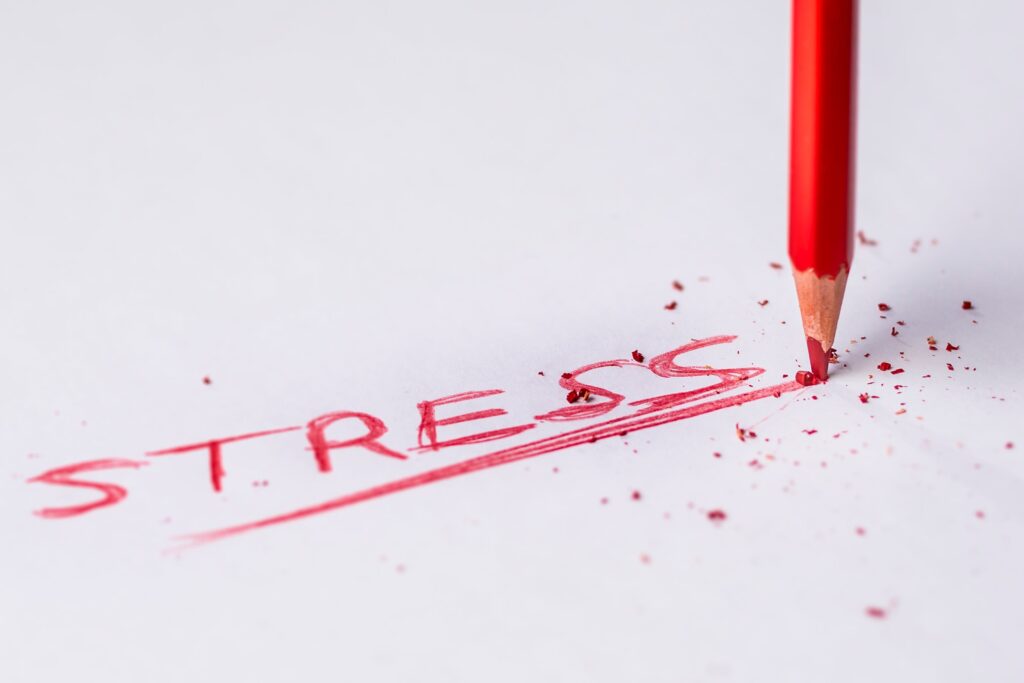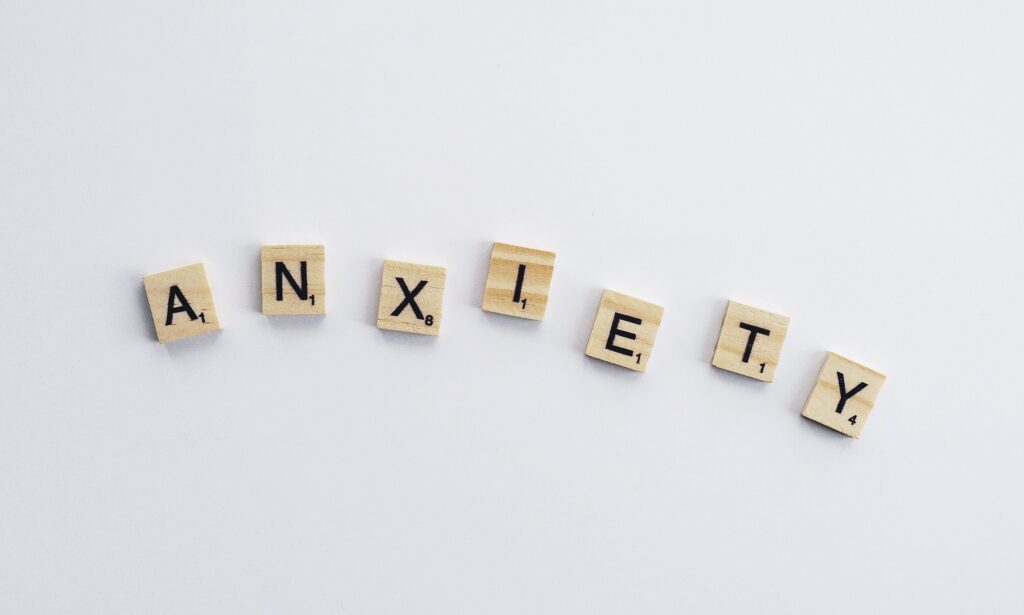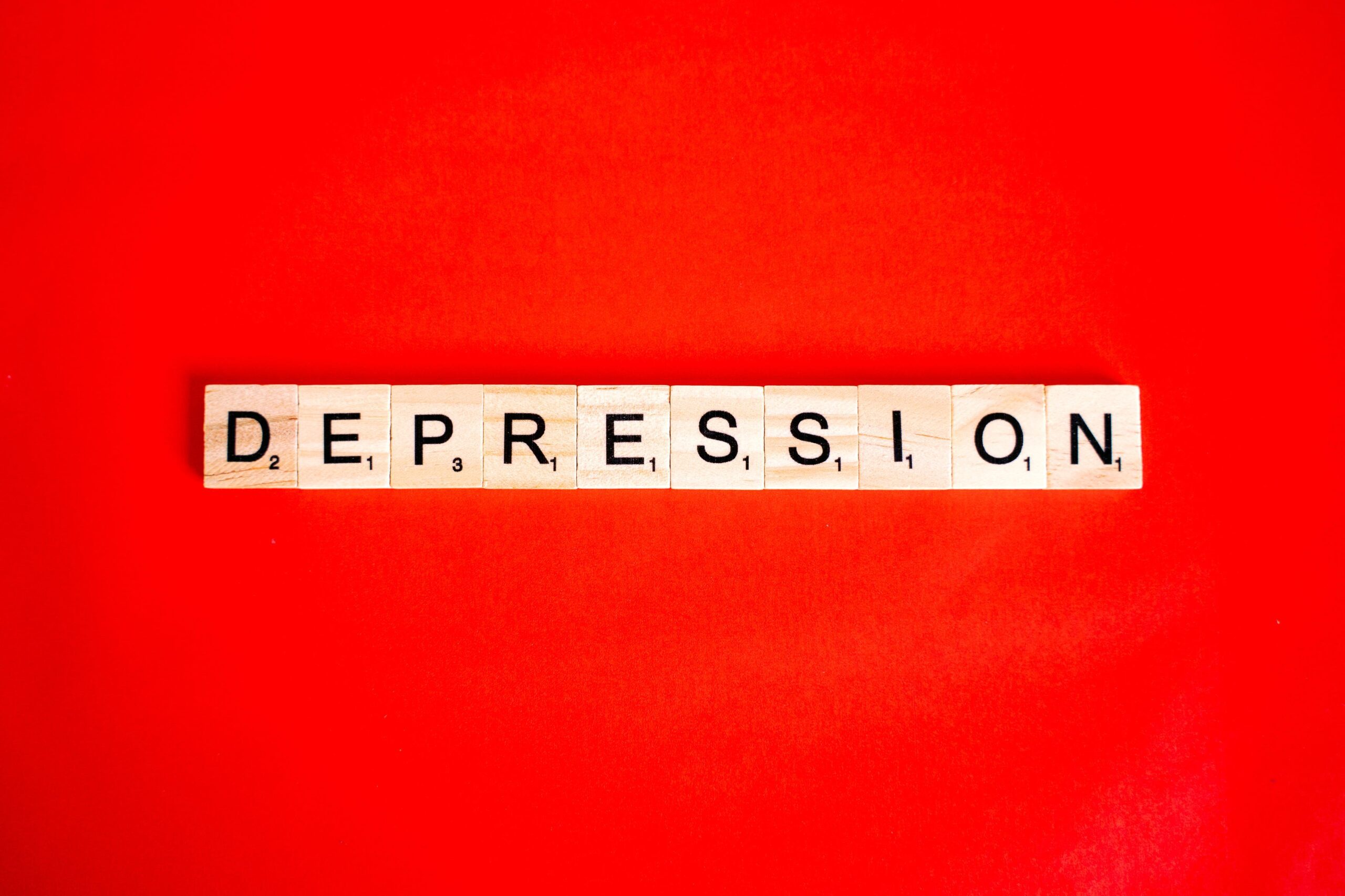
Major depressive disorder, is a prevalent and dangerous medical condition that has an adverse effect on one’s emotions, thoughts, and behavior. Thankfully, there is treatment for it. Sadness and/or a loss of interest in once-enjoyed activities are symptoms of depression. It can impair your ability to perform at work and at home and cause a range of mental and physical issues.
Millions of people around the world suffer from depression, a complex and multifaced disease that is unaffected by age, gender or origin. It’s more than just a bad mood; It is a chronic low mood accompanied by a lack of interest or enjoyment in previously appreciated activities. Although the cause of depression varies widely from person to person, promoting mental well-being requires awareness of the primary triggers of the illness and the application of practical treatments.
Major Factors Contributing to Depression
- Factors Related to Biology The development of depression is significantly influenced by biological variables. Hormonal imbalances, brain chemistry, and genetics can all predispose people to this mental health problem. While changes in the amount of neuro transmitters such as dopamine and serotonin help regulate mood, Research indicates that certain genetic variants can predispose people to depression.
Depression can be caused or made worse by psychological variables such as traumatic life events, constant stress, and adverse thought habits. Trauma, such as abuse, neglect, or the death of a loved one, can cause long-lasting emotional damage and make a person more vulnerable to depression later in life. In addition to overwhelming coping strategies, ongoing stress from relationships, workplace, or money problems can cause depressive symptoms.
The occurrence and severity of depression can be influenced by environmental factors, including social support networks, access to healthcare, and socio-economic status. People who live in environments marked by poverty, violence, or discrimination, or who face socio-economic inequities, are more likely to experience depression. This issue is made worse by the stigma associated with mental illness and the lack of access to mental health resources.
Adopting certain lifestyle behaviors, such as eating poorly, exercising infrequently, abusing drugs, and getting too little sleep, can exacerbate depression. In addition to adversely affecting physical health, a sedentary lifestyle and poor eating habits also interfere with neurotransmitter function and mood regulation. Abuse of any kind, including tobacco, alcohol, and drugs, can exacerbate symptoms of depression and cause problems with decision-making .

Most common symptoms of depression
Sadness or a gloomy state of mind loss of enjoyments
Appetite loss– weight gain or loss not connected to dieting
Having difficulty in sleep or sleeping too much Decreased vitality or heightened exhaustion
Increased aimless movemen or delayed speaking,feeling guilty, unable to Focus.
Suicidal or fatalist ideas
- Get expert help.
Recognizing depression and seeking professional help is the first step to recovery. Physicians, psychologists,are examples of mental health specialists who can provide assessment, diagnosis, and evidence-based treatment that is customized to meet each patient’s needs. It may be advisable to use therapy, medication, or a combination of both to treat symptoms and advance mental health.
Having a solid support system can help in difficult times by providing emotional affirmation, motivation, and useful support. Building relationships with loved ones, friends, support networks, or virtual communities can help reduce feelings of loneliness and promote a sense of acceptance. It is possible to reduce stigma and promote empathy and understanding by having open and honest conversations about mental health issue. 
3.Take care of yourself
Prioritizing self-care is important for both controlling depression and enhancing general well-being. Participate in enjoyable, satisfying, and stress-relieving activities such as hobbies, physical activity, mindfulness, and creative expression. Resilience and coping mechanisms against difficulty can be strengthened by establishing solid boundaries, controlling stress, and engaging in mindfulness practices.
Develop healthy lifestyle choices can promote emotional and mental well-being. To nourish the body and mind, maintain a balanced diet rich in fruits, vegetables, whole grains and lean meat. Frequent exercise, adequate sleep, and stress-reduction methods such as yoga or meditation can reduce symptoms of depression and enhance mood and vitality in general.
5.Prevent negative thoughts.
A key component of cognitive-behavioral therapy and other psychotherapeutic modalities is challenging cognitive distortions and negative thought patterns. To develop a more realistic and balanced approach, identify and reframe heterogeneous thought patterns such as individualization, black-and-white thinking, and destructive. Acquiring coping mechanisms and problem-solving abilities can enable people to deal more efficiently with obstacles in life.
Many biological, psychological, environmental, and lifestyle factors can contribute to the complex and varied nature of depression. Effective treatment for depression focuses on treating the underlying triggers and promoting overall well-being, even if the individual causes of depression vary. People can begin the path to treatment and rehabilitation by seeking professional help, building a support system, creating a self-care routine, making healthy lifestyle choices, and coping with negative thought patterns. Let’s work together to eliminate stigma, promote compassion, and build supportive settings where mental health is prioritized. Remember that help is available and you are not alone.


Informative. Always visit ua site
I don’t think the title of your article matches the content lol. Just kidding, mainly because I had some doubts after reading the article. https://www.binance.com/ph/register?ref=B4EPR6J0